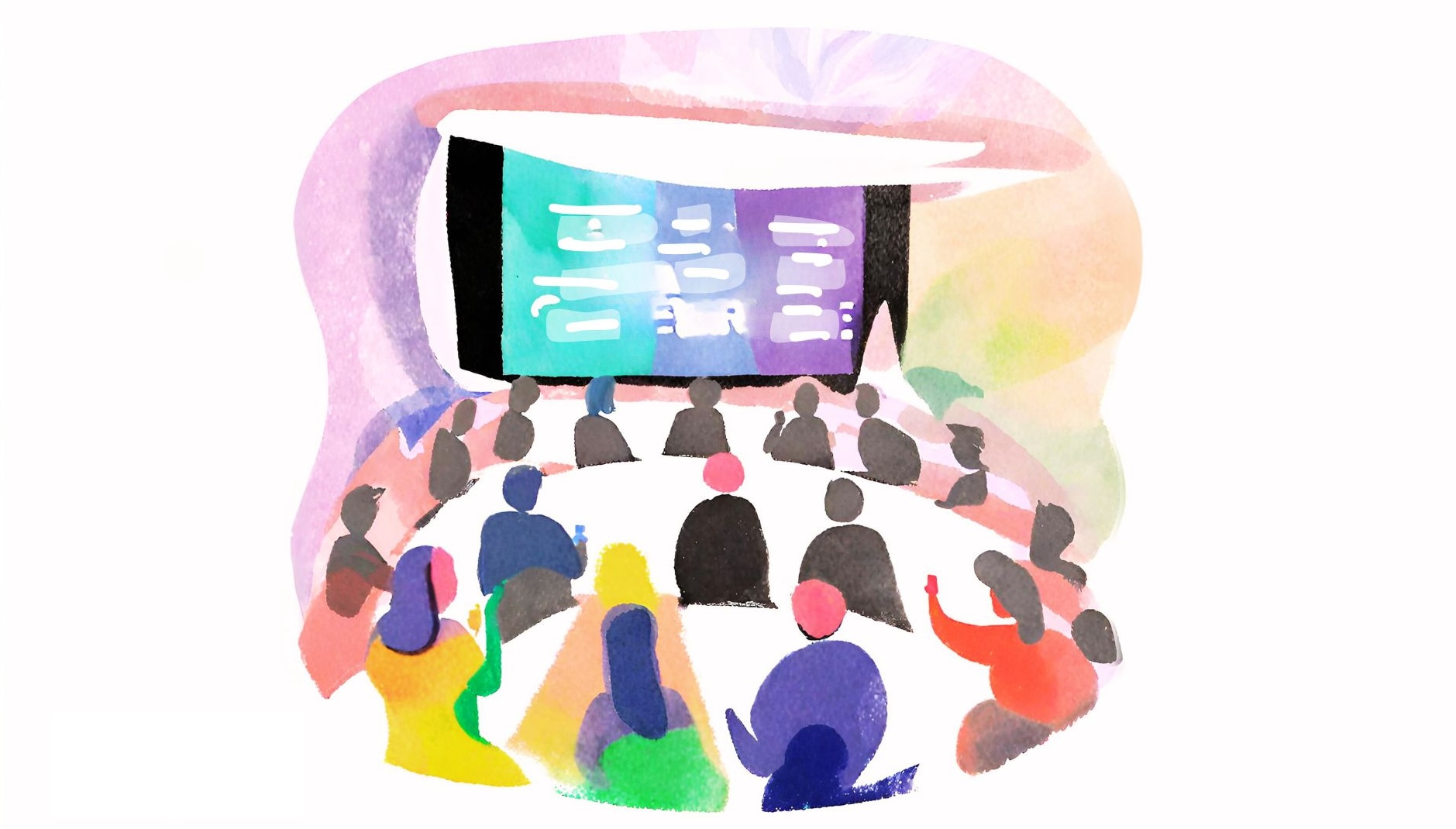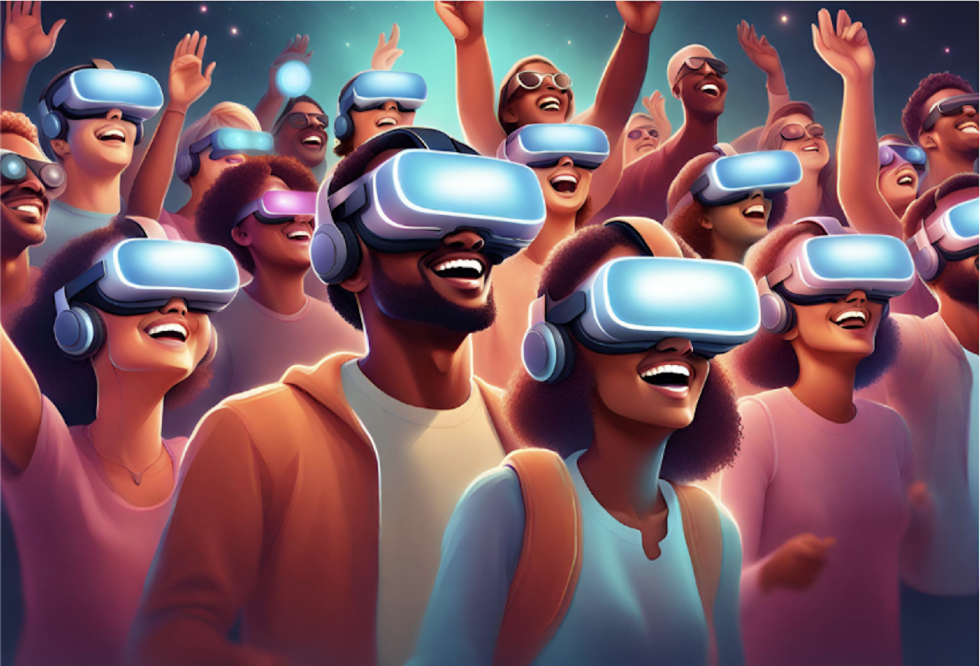Immersive Culture: A Case for Immigrant Strategists

By Elena Petukhova, Vice President, Strategy [Header image credit: Canva]
I’ve always been fascinated by languages. This intricate transition between how we see things and how we express them is what plugs us into the world. The language we speak also serves as a universal indicator or commonality. There is a reason “speaking the same language” stands for welcomed and comfortable like-mindedness.
But if the last couple of years taught us anything, it’s the very real need to stir things up and to break through our bubbles of comfort by connecting with those who don’t speak the same language – sometimes literally. And guess what? Some of us need to look no further than our own office buildings.
Let me introduce myself. I am Elena: a mom, a strategist, and a Russian. Which makes me one of the few non-native-English-speaking immigrants in the field of Advertising Strategies.
My almost 20 year-long American journey has been great so far! I’ve been busy crafting my own American Dream, started a family, and planted a garden that keeps me sane these days.
And I am proud to say that I have the best job ever, one that grants me a privilege to work alongside people whose creativity is boundless, and that blesses me with a never-ending quest for learning.
Though breathtakingly exciting, my advertising career adventure has not always been a smooth ride. Like anyone who’s different from the dominant culture in some way, I’ve found that fitting in takes time and effort. And for immigrants, proving our worth always begins with breaking through quite a few cultural stereotypes.
A veteran strategist once told me that a foreign accent can be either a problem or a huge advantage. (People have to actually listen to what you are saying!) It’s only a matter of perspective. Let me offer you a different perspective on the three most common stigmas about immigrant strategists.
The Dreaded Language Barrier
You know I am different from the moment I speak up, right? But consider this: our accents and the fact that we may take time to find the right words simply indicate our focus on what and how we speak or write. Trust me, producing this piece for the agency blog took quite a few dictionary lookups. You can be sure that making ourselves clearly understood is the priority, so we work extra-hard at expressing exactly what we intend to convey.
And we really listen to the native English speakers, absorbing what and how they verbalize, expanding our vocabulary and training our memory every single day (extra perk!). So, when you speak, you know we pay attention.
Disconnect from American Culture
There is a popular belief that one must be raised in a culture to have cultural fluency and expertise. While immigrant strategists may not have grown up watching the same shows and listening to the same music as you, operating in two or more languages makes us quick learners – and Google has made our lives much easier. Besides, bilingual people are often pretty good at all kinds of analysis. That’s because we are constantly connecting the dots in our heads, translating back-and-forth, and sometimes even thinking in two languages at once. Sounds chaotic, perhaps, but we are used to it.
Traveling and exposure to other cultures are also advantageous. They help us scale the trends, grasp global context, and recognize early signs of major societal shifts. Couple that with the ability to view things through an outsider perspective, and you get a powerful mix of fresh, unbiased viewpoints and unexpected interpretations of delicate cultural matters.
Different Means Difficult
I vividly remember my first performance review at an American agency, during which I was strongly advised to start hanging out with my colleagues after work. Needless to say, this was never in my job description, nor was it ever communicated to me as an expectation. Though the importance of team bonding was obvious, I felt intimidated. How would I fit in? What are we going to talk about? And above all, how am I supposed to relax and have fun being the only non-native English speaker in the room, and being surrounded by people who are different from me?
I bet we all experience some of those worries when dealing with a person whose primary language or cultural background are uncommon or even unknown to us. But the reality is, we are more similar than different. Though our sense of humor might not be an exact match, our core values, beliefs, and instincts are very much alike. We love our families, laugh at funny jokes, and appreciate a good story. And what makes a better story than someone’s unique experience, especially when it’s told in their own authentic voice?
Difference does not have to be difficult. It can be a bit challenging, like trying a new recipe, but this is a good challenge to have.
Different can mean conflicting, separate, and unrelated. But it can also mean enriching, original, and inspiring. It’s just a matter of perspective – yours to choose.

Elena Petukhova is a VP of strategy based in TMA’s Dallas hub.


